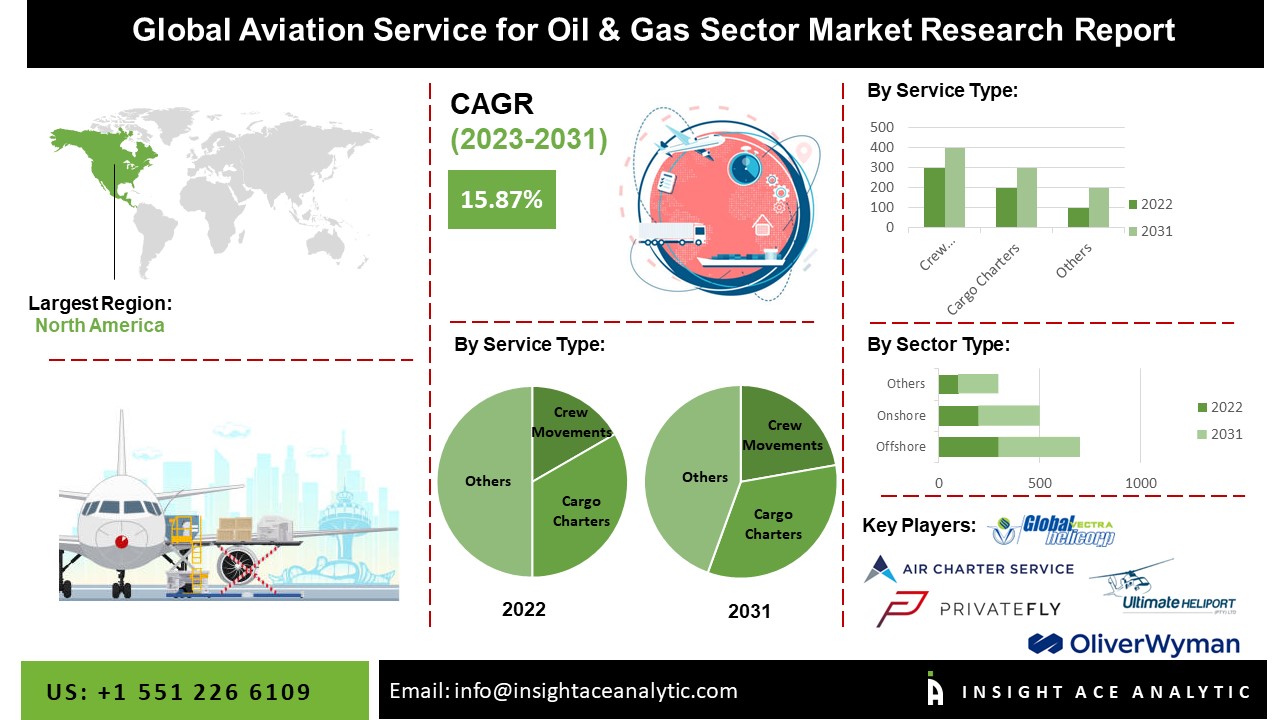The Impact Of Oil Supply Disruptions On The Airline Sector

Table of Contents
Increased Fuel Costs and Reduced Profitability
Rising oil prices directly translate to higher fuel costs, a major expense for airlines. This represents a significant portion of an airline's operating budget and directly impacts their bottom line. This section will explore the direct impact on operating expenses and how this subsequently influences ticket prices and passenger demand.
Direct Impact on Operating Expenses
Higher fuel costs eat into profit margins, forcing airlines to implement cost-cutting measures to maintain profitability. These measures can significantly affect airline operations and service quality.
- Reduced flight frequencies on less profitable routes: Airlines may choose to reduce or eliminate flights on routes with lower passenger numbers to minimize fuel consumption and costs.
- Increased baggage fees and other ancillary charges: Airlines may increase fees for checked baggage, seat selection, and other services to offset rising fuel costs.
- Delay or cancel planned aircraft acquisitions: The high cost of fuel may make purchasing new aircraft less financially viable, leading to delays or cancellations of planned acquisitions.
- Implement fuel-efficient flight operations (e.g., optimized flight paths): Airlines may invest in technology and training to optimize flight paths and reduce fuel consumption. This includes utilizing more efficient flight planning software and pilot training programs focused on fuel-efficient flying techniques.
Impact on Ticket Prices and Passenger Demand
Airlines often pass increased fuel costs onto consumers through higher ticket prices. This can significantly impact passenger demand, particularly for price-sensitive travelers.
- Decreased booking rates, especially for leisure travel: Higher fares can deter leisure travelers, who are more likely to be sensitive to price changes than business travelers.
- Shift in demand towards budget airlines or alternative modes of transportation: Passengers may opt for cheaper alternatives, such as budget airlines or ground transportation, particularly for shorter distances.
- Potential for a decrease in overall revenue despite higher ticket prices: While higher ticket prices increase revenue per passenger, the overall revenue may decrease if the reduced passenger demand offsets this increase.
Operational Disruptions and Flight Cancellations
Severe oil supply disruptions can lead to fuel shortages, resulting in significant operational disruptions and flight cancellations. This section explores the ramifications of fuel shortages and associated supply chain issues for aircraft maintenance.
Fuel Shortages and Grounding of Aircraft
Fuel shortages can force airlines to ground aircraft, leading to widespread flight cancellations and significant disruptions for passengers.
- Significant disruption to travel plans for passengers: Cancelled flights cause major inconveniences for passengers, including missed connections, hotel costs, and lost productivity.
- Damage to airline reputation and customer loyalty: Frequent cancellations can damage an airline’s reputation and lead to a loss of customer loyalty.
- Increased operational costs associated with rebooking and customer compensation: Airlines incur additional expenses for rebooking passengers on alternative flights and providing compensation for inconveniences.
Supply Chain Issues for Aircraft Maintenance
Oil supply disruptions can also affect the availability of essential components for aircraft maintenance, leading to delays and potential safety concerns.
- Longer aircraft turnaround times: Delays in obtaining necessary parts can lead to longer periods required for aircraft maintenance.
- Increased risk of mechanical failures: A shortage of critical maintenance components increases the risk of mechanical failures, potentially leading to safety hazards.
- Potential for increased maintenance costs: The scarcity of parts can drive up maintenance costs due to increased demand and potential need for expedited shipping.
Strategic Responses to Oil Supply Volatility
Airlines employ various strategies to mitigate the risks associated with oil price volatility. This section looks at hedging strategies and investments in fuel-efficient technologies.
Hedging Strategies and Fuel Procurement
Airlines utilize hedging strategies to mitigate the risk of fluctuating oil prices. These strategies attempt to lock in future fuel prices or minimize exposure to price increases.
- Forward contracts to lock in fuel prices: Airlines can purchase fuel at a predetermined price for future delivery, reducing exposure to price fluctuations.
- Options and futures trading to manage price risk: These financial instruments allow airlines to manage their exposure to price volatility without needing to commit to large-scale purchases.
- Diversification of fuel suppliers: Working with multiple fuel suppliers can reduce the impact of potential supply disruptions from any single supplier.
Investment in Fuel-Efficient Technologies
Airlines are increasingly investing in fuel-efficient aircraft and technologies to reduce their reliance on oil and improve efficiency.
- Acquisition of newer, more fuel-efficient aircraft: Modern aircraft designs incorporate technological advancements to improve fuel efficiency.
- Implementation of advanced flight management systems: These systems optimize flight paths and reduce fuel consumption by analyzing weather patterns, wind speed, and other factors.
- Exploration of alternative fuels (e.g., biofuels, sustainable aviation fuel): The industry is exploring alternative fuels to reduce its carbon footprint and reliance on fossil fuels.
Conclusion
Oil supply disruptions pose a significant threat to the airline sector, impacting profitability, operations, and passenger experience. Airlines must proactively implement strategies to mitigate the risks associated with oil price volatility, including hedging, fuel-efficient technologies, and robust contingency planning. Understanding the intricate impact of oil supply disruptions on the airline sector is crucial for investors, policymakers, and airline executives alike. By effectively managing these challenges, the airline industry can navigate the uncertainties of oil price fluctuations and maintain a sustainable and resilient future. Continuous monitoring of oil supply disruptions and their potential impact on the airline sector is vital for informed decision-making. Proactive planning and adaptation are key to mitigating the effects of future oil supply disruptions on the airline sector.

Featured Posts
-
 Reforming Mental Health Care A Path Forward
May 03, 2025
Reforming Mental Health Care A Path Forward
May 03, 2025 -
 Fans Speculate On Christina Aguileras Dramatic Transformation
May 03, 2025
Fans Speculate On Christina Aguileras Dramatic Transformation
May 03, 2025 -
 Saturday Lotto Results April 12th Check Your Numbers Now
May 03, 2025
Saturday Lotto Results April 12th Check Your Numbers Now
May 03, 2025 -
 Fortnite Update 34 40 Server Outage And Maintenance Schedule
May 03, 2025
Fortnite Update 34 40 Server Outage And Maintenance Schedule
May 03, 2025 -
 Lotto 6aus49 Ergebnis 12 April 2025 Alle Gewinnzahlen
May 03, 2025
Lotto 6aus49 Ergebnis 12 April 2025 Alle Gewinnzahlen
May 03, 2025
Latest Posts
-
 Belgium Vs England Live On Tv Channel Kick Off Time And Online Streaming Options
May 03, 2025
Belgium Vs England Live On Tv Channel Kick Off Time And Online Streaming Options
May 03, 2025 -
 England Nations League Kelly Replaces Injured Players In Squad Announcement
May 03, 2025
England Nations League Kelly Replaces Injured Players In Squad Announcement
May 03, 2025 -
 Kendal Tragedy Manchester United Offers Condolences For Poppy Atkinson 10
May 03, 2025
Kendal Tragedy Manchester United Offers Condolences For Poppy Atkinson 10
May 03, 2025 -
 Poppy Atkinson 10 Manchester Uniteds Heartfelt Tribute Following Fatal Kendal Accident
May 03, 2025
Poppy Atkinson 10 Manchester Uniteds Heartfelt Tribute Following Fatal Kendal Accident
May 03, 2025 -
 Belgium Vs England Tv Channel Kick Off Time And How To Watch The Lionesses
May 03, 2025
Belgium Vs England Tv Channel Kick Off Time And How To Watch The Lionesses
May 03, 2025
